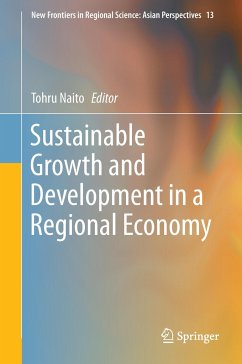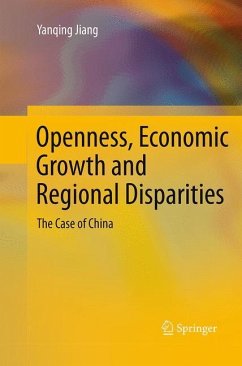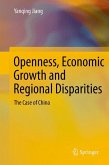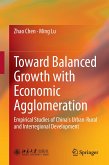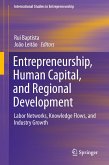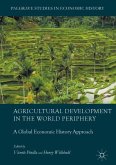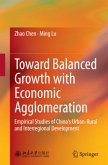This is the first book to provide readers with a theoretical and empirical analysis of sustainable economic growth in Asian countries. Recently, most Asian countries have achieved rapid economic growth and their existence cannot be ignored in the world economy. However, these countries now face the serious problems that have confronted more developed countries such as environmental problems, social security and unemployment. Rapid economic growth has brought environmental pollution, regional disparities, and serious congestion due to insufficient infrastructure. Thus, it is necessary to understand the background economic mechanism in order to find the prescription for each problem. This book is intended not only for the researcher but also for the policy maker, for both of whom it provides the basic methods for analyzing regional problems from the points of view of endogenous economic growth theory, environmental economics, and spatial economics. This work presents theoretical aswell as empirical analyses. Particularly, we cite the examples of Asian countries: Japan, China, Korea, Thailand and others. The aim is for readers to apply the theories in this book to the above-mentioned problems in Asian countries as an aid in policy making. The authors are specialists in macroeconomics, public economics, environmental economics, transportation economics and spatial economics, all of which are important aspects of regional science.
Bitte wählen Sie Ihr Anliegen aus.
Rechnungen
Retourenschein anfordern
Bestellstatus
Storno

